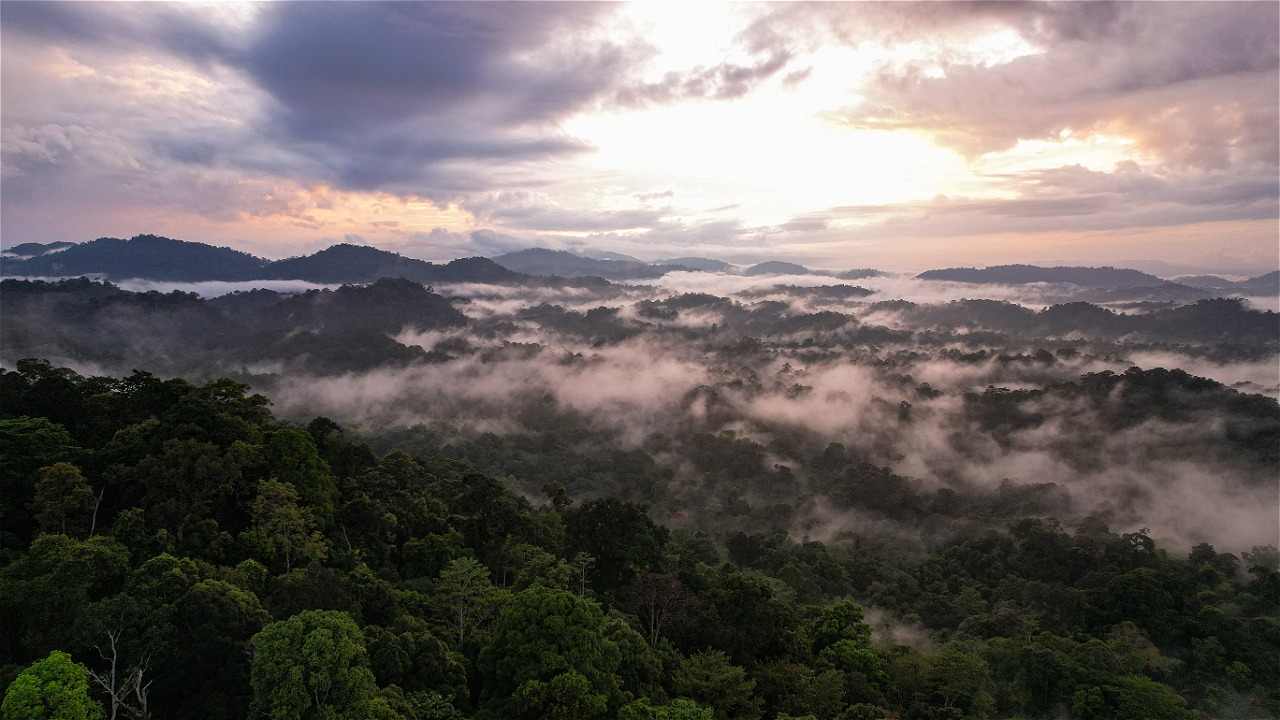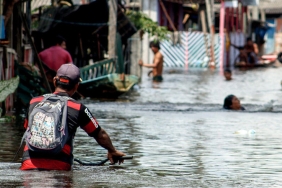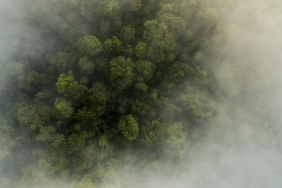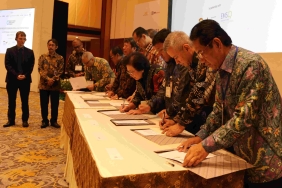PROMOTING SUSTAINABLE DEVELOPMENT GOALS (SDGS) WITH GREEN BUDGET TAGGING
By: Dede Krishnadianty
WWF Indonesia's Strategic Planning for the 2014-2018 period states the goal of increasing public budget allocations by 2% to programs and activities that support the protection of natural resources. This figure is based on a study by the United Nations Environment program (UNEP, 2011) which states that this amount will increase economic growth and "green" oriented employment.
WWF Indonesia views that the quantitative value of 2% does not solely guarantee the transformation to green economic development, but needs to be supported by good governance, where local government officials have the capacity to prepare programs and activities by following the principle of money follow program.
This principle adheres to a comprehensive, transparent and targeted development budgeting planning system so as to ensure the achievement of the vision and mission of the regional head in line with national programs that are oriented towards the principle of sustainable development. In this case it is important to apply program and activity indicators appropriately.
To achieve this goal, since 2016 WWF has conducted Green Budgeting training activities in several regions (Jambi Province, West Kalimantan Province, West Kutai Regency, Wakatobi Regency and Southeast Maluku Regency) and issued a Green Budget Marking Guidebook in the regions which was submitted by the acting-CEO of WWF Indonesia (Benja Mambai) to the Ministry of Finance and the Ministry of Home Affairs in February 2017.
In identifying the budgeting process, WWF refers to the Green Development Strategy prepared by the Center for Climate Change Financing and Policy (PPKIM) - Fiscal Policy Agency (BKF) Ministry of Finance (2015), where there are 21 priority sectors grouped into 6 green development priority clusters: (1) Natural Resources Protection, (2) Agriculture; (3) Clean Energy and Industrial Development, (4) Transportation and Urban & Regional Planning, (5) Health and Education; and (6) Disaster Management & Other Supporting Policies.
In the process, most participants in several regions evenly mentioned that the planning process of development planning and budgeting still needs improvement while the topic of Green Economy and climate change is still felt to need further study as an effort to increase the capacity of local governments.
The realization of a good budgeting planning system can automatically create conditions that support the transition to a "Green Economy" or Green Economy which will be beneficial to the sustainability and preservation of natural resources, low carbon development with attention to social aspects as part of an inclusive development pattern.





